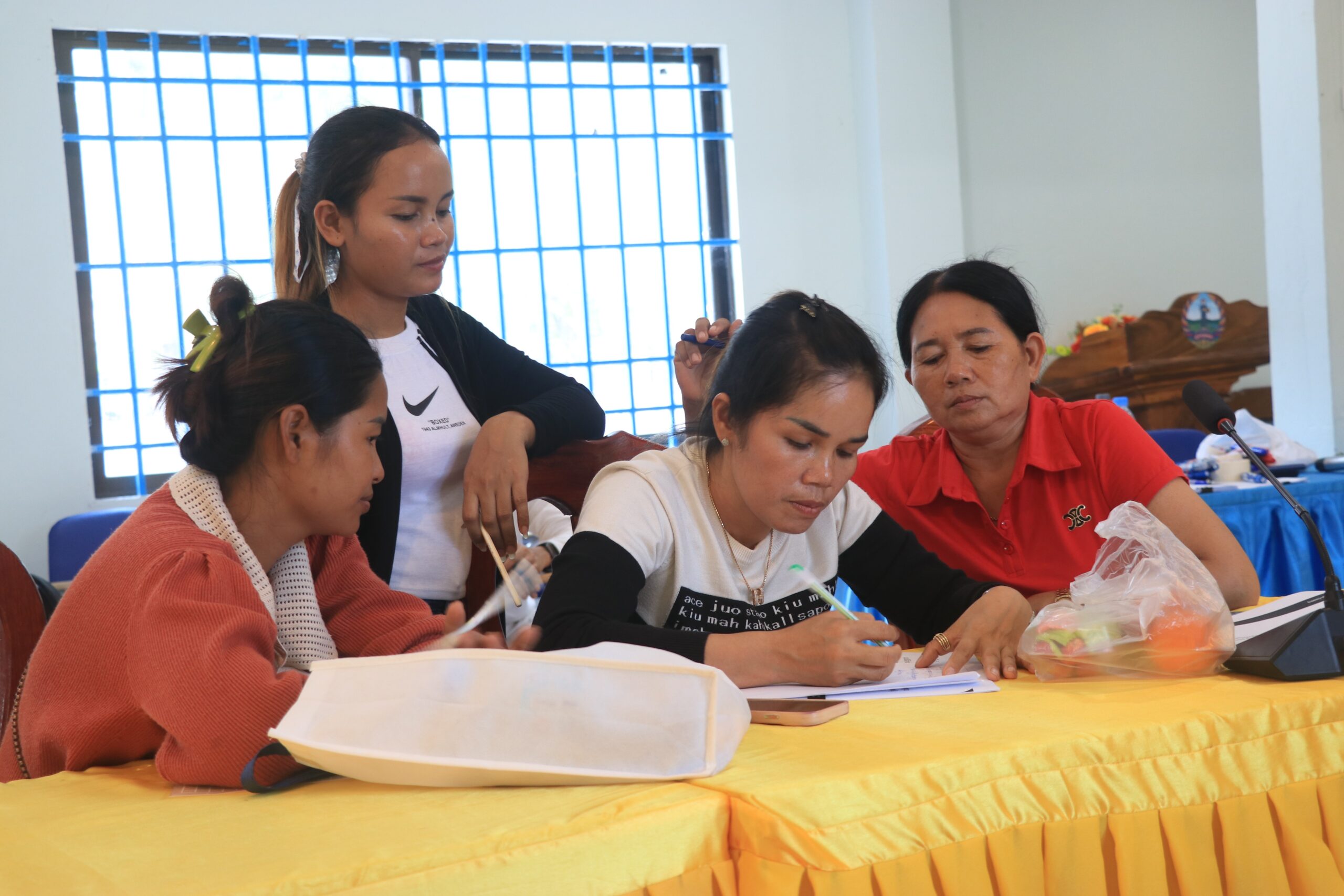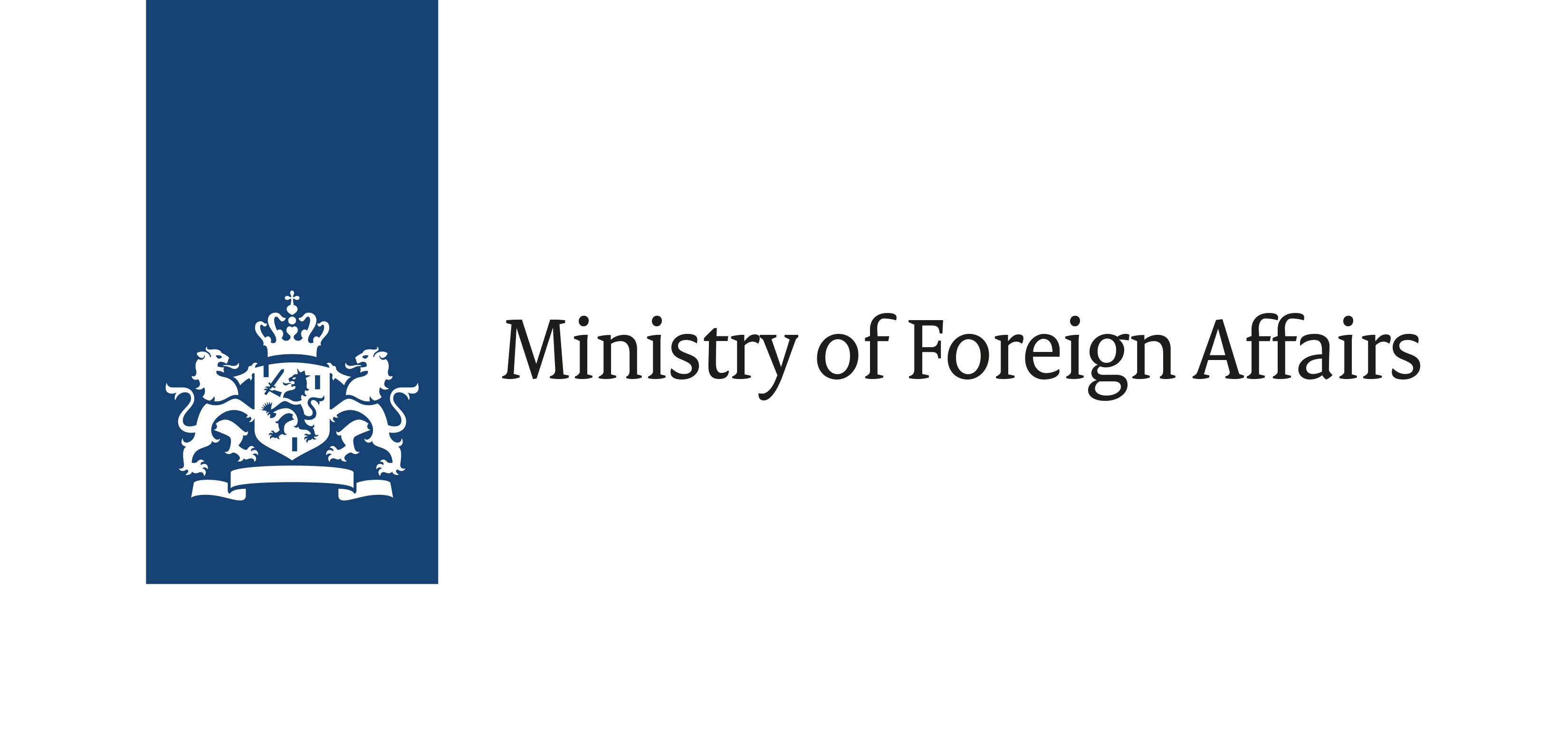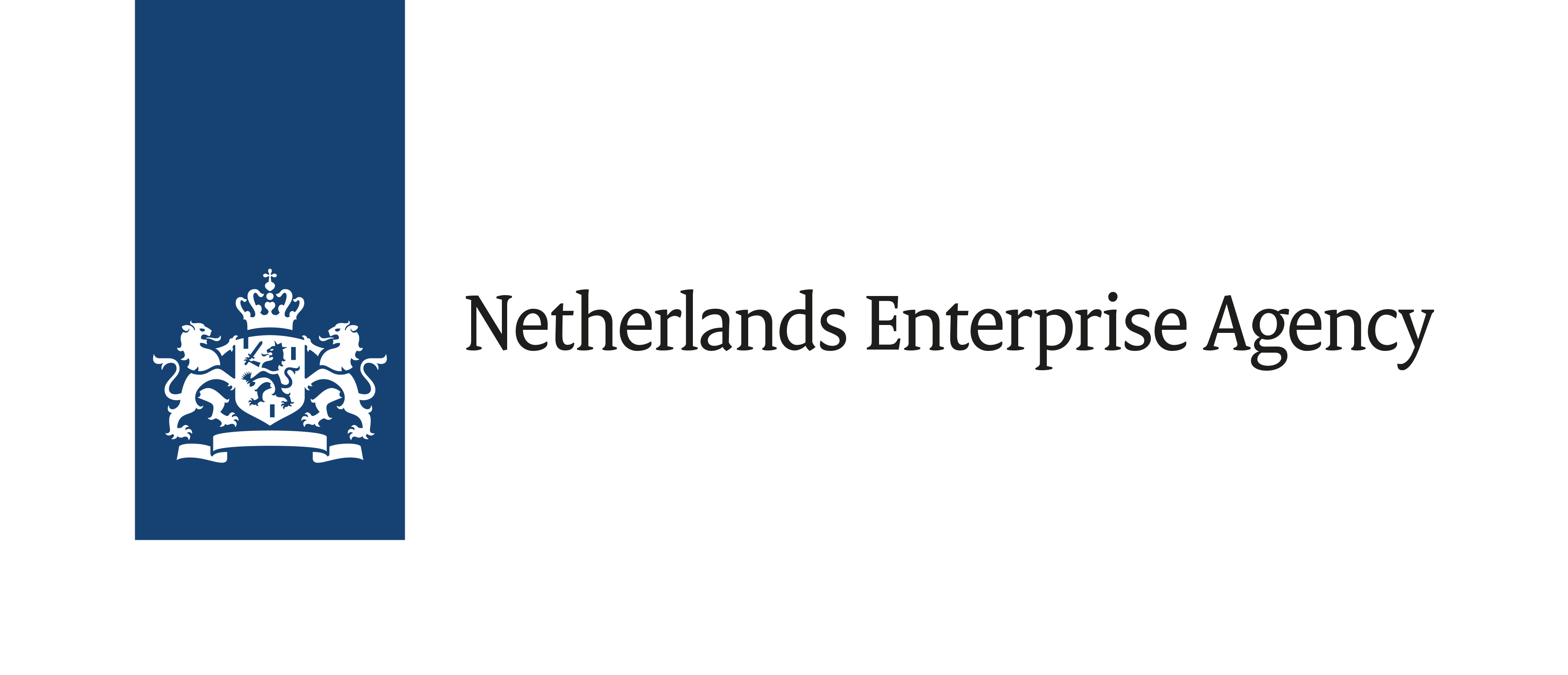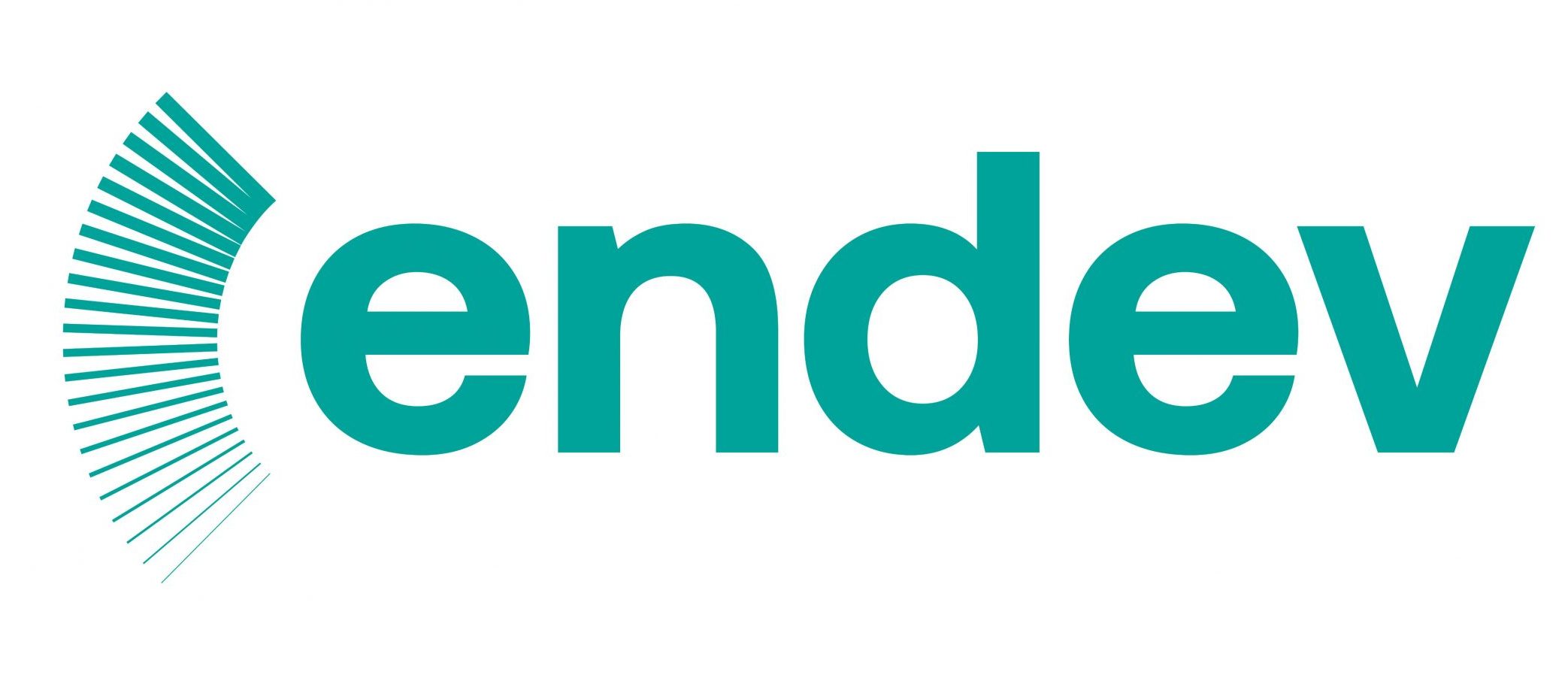
At COP29, the numbers once again told a familiar story. While negotiators eventually settled on a climate finance commitment of USD 300 billion annually by 2035, this figure pales in comparison to the USD 1.3 trillion per year that developing nations insist is necessary, according to the Needs Determination Report. The gap represents stalled projects, unrealized renewable energy potential, and economic vulnerabilities that hit developing countries the hardest.
This persistent gap in climate finance is not just a financial issue but a fundamental barrier to growth, stability, and sustainability for the Global South. And while large commitments are made at COP, practical, on-the-ground solutions are becoming increasingly important.
At a juncture where the finance gap meets the real-world challenges faced by Small and Medium-sized Enterprises (SMEs) in the renewable energy sector, the Energy Enterprise Coach (EEC) is working to close this finance gap through a combination of tailored capacity-building programmes. The EEC is a programme that offers business development service to SMEs in the clean energy sector in Africa and Asia, (see EEC target countries here), with a focus on making enterprises investment-ready, helping them navigate the complexities of financing, and connecting them with networks that can unlock capital.
Renewable energy SMEs play a crucial role in combating climate change. They provide cleaner alternatives to fossil fuels, expand energy access to underserved communities, and create jobs. Yet, despite their contributions, they struggle to secure financing. Investors often perceive them as risky due to their small size, at times due to lack of proper financial records, and uncertainty in emerging markets.
How EEC is closing the finance gap
A significant focus of the EEC support in various target countries has been on strengthening the financial structures, operational strategies, and market visibility of these SMEs—key components in closing the finance gap. The EEC programme has provided targeted support to numerous SMEs in the renewable energy sector, to ensure that these businesses are not only financially sound but also visible to potential investors. A key milestone was the matchmaking events (Kenya, Uganda) and networking forums (Malawi) held
at the tail end of last year. These events created opportunities for direct interaction between SMEs and investors and other financiers, shifting away from traditional teaching formats. They allowed for more direct, candid conversations where both parties could engage in a dedicated setting. This setup fostered a much more productive dialogue, giving SMEs a platform to showcase their potential in a way that traditional settings might not have allowed. As a result, these interactions significantly boosted the SMEs’ visibility and increased their investment potential with many SMEs able to secure connections and commitment for further discussions with financial institutions. It also allowed the investors and financial institutions to get a better understanding of the renewable energy businesses, and the sector in general, thereby increasing the chances of these SMEs in accessing finance.
EEC activities between January and March 2025
E-Learning
The EEC’s flagship E-Learning platform has continued to attract more learners. By the end of March 2025, the platform had enrolled 325 enterprises and 497 individual learners. Since the program’s inception, a total of 413 courses have been completed—21 of them during this quarter alone—reflecting steady engagement and growing impact.
In addition, our competent E-Learning team also organises monthly masterclasses on relevant themed topics that have played a key role in helping SMEs become better entrepreneurs, refine their business strategies and internal controls. These masterclasses focus on providing entrepreneurs with the knowledge they need to improve their financial management, marketing strategies and present clear, data-backed proposals—critical for investors who require tangible, well-structured plans before committing. The EEC continually conducts 2 masterclasses every month, each focusing on a different topic, with some sessions being in English and others in French. In the quarter, our team undertook six Masterclasses covering relevant themed topics such as Incorporating impact in your business; Growing your sales & improving marketing; Mastering pitch development, Managing business finances, and Human resource management among others.
Takele Sorsa, Executive Director of Community Sustainable Development Aid Energy Business (COSTIDA) in Ethiopia, sums up her experience of EEC’s E-Learning platform: “The E-Learning provided by EEC is exceptional. The online modules were well-structured, engaging, and accessible, allowing us to learn at our own pace”
To take advantage of these masterclasses and the EEC comprehensive E-Learning courses, visit https://ee-coach.com/e-learning-platform/
Cohort training
In Asia, the EEC group trainings continued with earnest with a focus on strengthening micro enterprises engaged in the sale of e-cooking products to ensure that these businesses not only have the financial know-how but also the operational capacity to succeed. This involved equipping SMEs with essential business management tools and techniques such as sales and marketing, simplified accounting and book-keeping and basic business planning to help them grow and scale. SMEs in Bangladesh and Cambodia who completed the group trainings were awarded certificates and commended for their commitment to go through the various training modules. Similarly, in Africa, within quarter one of 2025, the EEC also concluded its group training in Ethiopia and Uganda.
Mentorships
While the group trainings have been concluded, on-ground activities have been on-going in Sahel region as well as in Ethiopia Additionally, mentorship and coaching activities with selected SMES identified for the same, are on-going in Kenya, Uganda and Ethiopia to train and equip SMEs with finance and marketing tools to help them improve on their business operations. Additionally, promising SMEs from cohort training programmes in Cambodia, Bangladesh, Uganda and Ethiopia were shortlisted for further intensive EEC mentorship support commencing from quarter two of 2025. In West Africa, EEC concluded its mentorship programme offered to SMEs across Mali, Niger and Burkina Faso. The mentorship was designed to improve the SME’s financial management capacity and systems thereby enabling them to more accurately track their finances and more effectively organise their business operations.
The bigger picture
Beyond business, climate finance has a direct impact on everyday life. A 2024 study published in Energy Economics highlights that climate finance plays a role in reducing energy vulnerability, which in turn affects food security and general good health of the community. Unreliable energy access disrupts food storage, irrigation, and processing, further exacerbating food insecurity in developing regions. Without adequate financing, both energy and food systems remain fragile.
As part of efforts to bridge the finance gap, COP29 introduced the Baku to Belem Roadmap, aiming to refine global climate finance mechanisms ahead of COP30. While this is a crucial step, its effectiveness remains uncertain. The finance gap does not close overnight. But while the problem remains, so does action. On the ground, renewable energy SMEs are growing, investors are engaging, and capacity-building programs like EEC are making enterprises more investment-ready. Progress doesn’t always come in sweeping transformations, it happens in every deal closed, every risk mitigated, and every SME that moves from underfunded to unstoppable.
To keep abreast on EEC’s progress and activities, follow us on social media: LinkedIn, Facebook, Twitter











